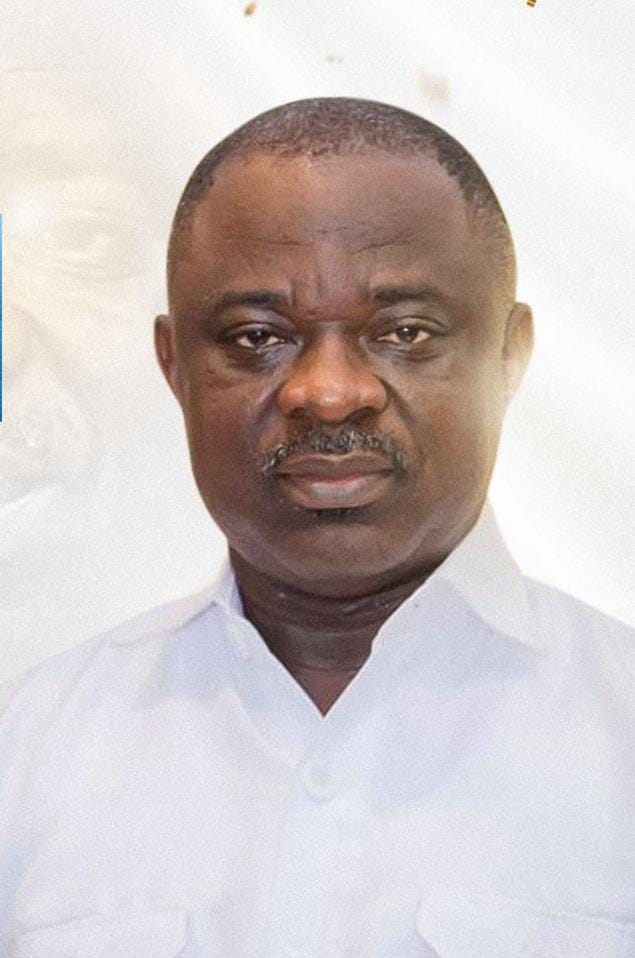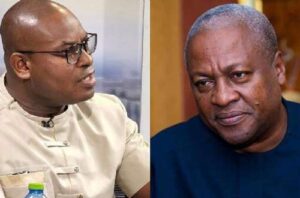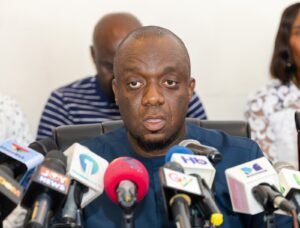
As the dust begins to settle following the New Patriotic Party’s (NPP) disappointing showing in the 2024 elections, one question resonates loudly among party faithful: what went wrong? While multiple factors may have contributed to this outcome, one glaring issue stands out—the disconnect between government appointees and the grassroots.
For decades, the NPP has been a party rooted in strong ideological principles, unwavering loyalty, and an unshakable connection with the ordinary Ghanaian. This connection has served as the bedrock of its electoral victories, galvanizing supporters from every corner of the country. Yet, the results of the 2024 elections suggest that this foundation has been severely undermined, with the very people entrusted with maintaining the party’s link to the grassroots—the government appointees—failing to rise to the occasion.
A Breach of Trust with the Grassroots
Government appointees are often viewed as the face of the party in power, tasked with not only implementing policy but also bridging the gap between the leadership and the rank and file. Unfortunately, a significant number of appointees in recent years appeared more focused on personal gains than on fostering the unity and trust needed to energize the grassroots base.
Reports from key constituencies suggest that many appointees became detached from the struggles and aspirations of the ordinary party loyalist. Instead of engaging directly with communities, addressing concerns, and mobilizing support, some were accused of arrogance, inaccessibility, and neglect. This created a sense of alienation among grassroots supporters, who began to feel abandoned by the very individuals they had worked tirelessly to help appointed into office.
The Consequences of Disconnect
The political impact of this disconnect was clear during the 2024 elections. Party loyalists, once eager to defend and promote the party’s policies, became disenchanted. Many either stayed away from the polls or shifted their allegiance to other parties, viewing them as more attentive to their needs. Others expressed frustration at how issues that could have negative consequences on the party’s electoral prospects were overlooked further exacerbating the divide between appointees and the party
The lack of effective communication between government appointees and party grassroots also resulted in poor management of key campaign messages. We failed to translate our economic achievements and policy successes into relatable stories that resonated with ordinary Ghanaians. Without the active engagement of appointees on the ground, the party’s campaign machinery lacked the momentum necessary to secure victory.
A Call for Introspection and Reform
As a party, we must take this moment as an opportunity for introspection. The outcome of the 2024 elections serves as a harsh reminder that government appointees are not only technocrats but also political representatives of the party we’re supposed to champion the party’s vision, values, and commitment.
Moving forward, the party must establish stricter mechanisms for accountability among appointees. Leaders who fail to engage with their constituents or prioritize the party should be replaced with individuals who are willing to listen, work, and serve. It is also imperative for the party to invest in capacity building for appointees, ensuring they understand the dual nature of their responsibilities—governing and politicking.
Moreover, the grassroots must be empowered to hold appointees accountable. Open forums, regular community engagements, and grassroots involvement in decision-making processes should become standard practice. The party leadership should also take the necessary steps to institute bold measures that will hold government appointees accountable.
Reconnecting with the Base
As the party looks toward the future, we must prioritize rebuilding our bond with the grassroots. The grassroots are not just voters; they are the lifeblood of the party. They are the volunteers, campaigners, and loyalists who carry the party’s message into homes, markets, and workplaces. Their voices must be heard, respected, and reflected in the party’s decisions.
The party’s loss in 2024 should not mark the beginning of its decline but rather a turning point. By addressing the failures of government appointees, the party can rebuild trust, restore unity, and reclaim its position as a party of the people.
The time for action is now.
William Yamoah
Director of Finance and Administration
NPP HQ






